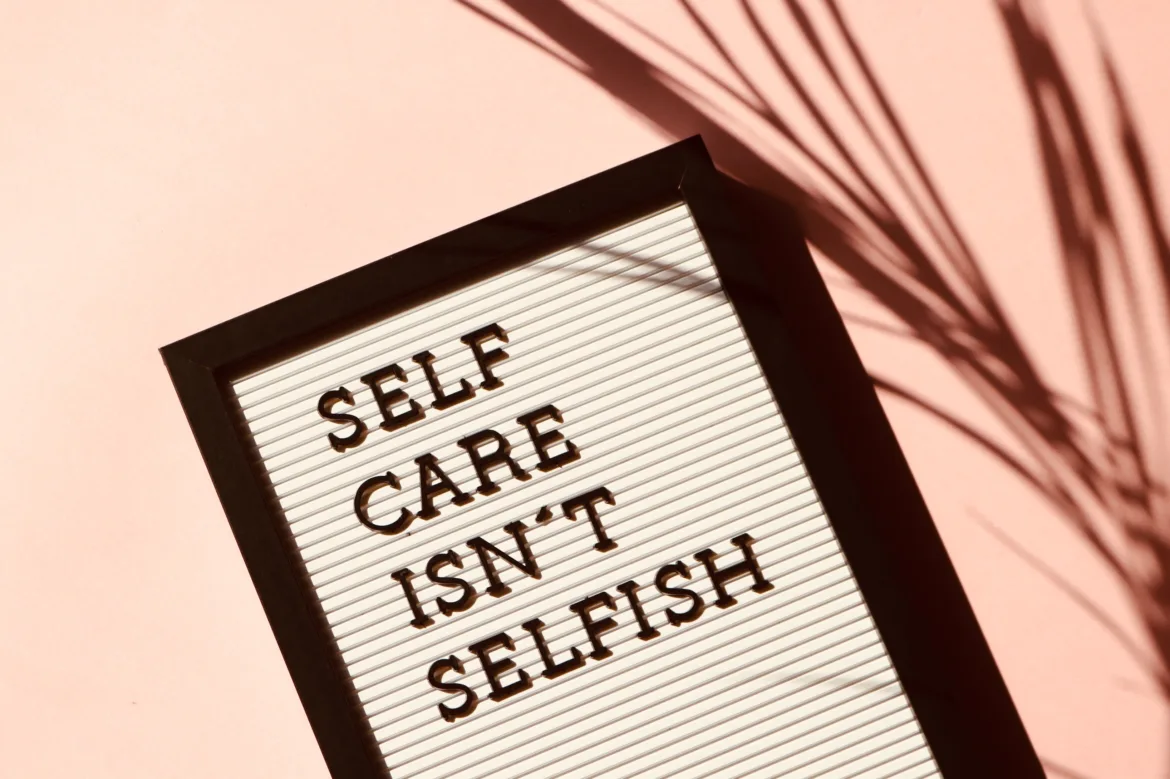Table of Contents
Taking care of yourself is essential for overall well-being and maintaining a balanced life. In today’s fast-paced world, it’s easy to neglect self-care, but by prioritizing your own needs, you can improve your physical health, enhance mental clarity, and increase overall happiness. In this article, we will explore ten effective ways to take care of yourself and lead a fulfilling life.
1. Introduction
Self-care is the practice of deliberately engaging in activities that promote physical, mental, emotional, and spiritual well-being. It involves recognizing your needs and making conscious choices to fulfil them. By taking care of yourself, you can better manage stress, improve your relationships, and achieve personal growth.
2. Physical Self-Care
Physical self-care is about nurturing your body and maintaining good health. Regular exercise is crucial for physical well-being as it improves cardiovascular health, strengthens muscles, and boosts energy levels. Engage in activities you enjoy, such as swimming, cycling, or dancing. Additionally, adopting healthy eating habits, consuming nutritious foods, and staying hydrated is vital for optimal physical health. Ensure you get enough sleep and rest to allow your body to recharge.

3. Mental and Emotional Self-Care
Caring for your mental and emotional health is just as important as physical well-being. Develop stress management techniques, such as deep breathing exercises, meditation, or yoga. Engaging in hobbies and interests that bring you joy and relaxation can also promote mental well-being. If you’re struggling with emotional challenges, don’t hesitate to seek support from a therapist or counsellor who can guide you through the healing process.

4. Social Self-Care
Maintaining healthy relationships is essential for your overall well-being. Build a strong support system by surrounding yourself with positive, like-minded individuals. Set healthy boundaries to protect your emotional energy and ensure that your relationships are balanced and respectful. Practice effective communication to express your needs and listen attentively to others.
5. Spiritual Self-Care
Nurturing your spiritual well-being can provide a sense of purpose and inner peace. Explore practices such as meditation, mindfulness, or prayer to connect with your inner self and find clarity. Spending time in nature can also be spiritually enriching. Reflect on your personal beliefs and values, and engage in activities that align with your spiritual journey.

6. Time Management
Effective time management allows you to prioritize your tasks and responsibilities, reducing stress and increasing productivity. Identify your priorities and set realistic goals. Break tasks into smaller, manageable steps and allocate time for each. Remember to schedule breaks and downtime to avoid burnout.
7. Self-Reflection and Self-Acceptance
Self-reflection is a powerful tool for personal growth. Practice gratitude by acknowledging the positive aspects of your life. Journaling or engaging in creative outlets can help express your thoughts and emotions. Embrace your strengths and weaknesses, recognizing that they make you unique. Accept yourself fully and cultivate self-compassion.

8. Rest and Relaxation
Incorporating rest and relaxation into your routine is crucial for maintaining balance. Take breaks during work or study to refresh your mind. Engage in activities that promote relaxation, such as reading, listening to music, or taking a soothing bath. Establish self-care rituals like a morning routine or an evening wind-down ritual to create a sense of calm.
9. Setting Healthy Habits
Creating healthy habits is a long-term investment in your well-being. Establish a daily routine that includes time for self-care activities. Set boundaries with technology to avoid excessive screen time. Practice self-discipline by avoiding procrastination and staying committed to your goals.

10. Conclusion
Taking care of yourself is not a luxury but a necessity. By implementing these ten ways to take care of yourself, you can prioritize your well-being and lead a more fulfilling life. Remember that self-care is an ongoing practice, and it’s essential to listen to your body, mind, and soul’s needs.
FAQs
How often should I exercise to take care of myself?
It’s recommended to engage in at least 150 minutes of moderate-intensity exercise per week. However, listen to your body and adjust your routine according to your fitness level and goals.
Can self-care help with stress management?
Absolutely! Self-care activities such as meditation, deep breathing exercises, or engaging in hobbies can effectively reduce stress levels and promote relaxation.
Is it selfish to prioritize self-care?
Not at all. Prioritizing self-care is essential for your well-being, and when you take care of yourself, you become better equipped to care for others.
How can I set boundaries in my relationships?
Setting boundaries involves clearly communicating your needs and limits to others. Be assertive and respectful, and surround yourself with people who understand and respect your boundaries.
How can I incorporate self-care into a busy schedule?
Start by identifying small pockets of time in your day where you can engage in self-care activities. It could be as simple as taking a short walk during your lunch break or dedicating a few minutes each day to practice mindfulness.



